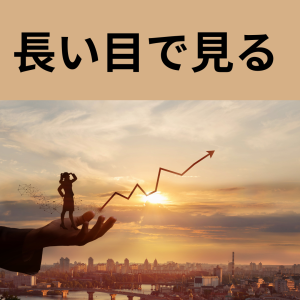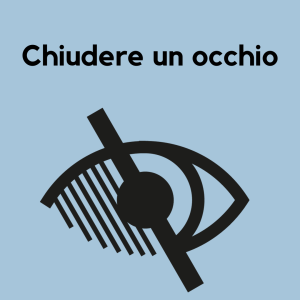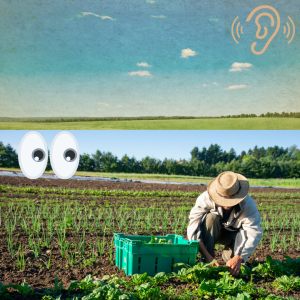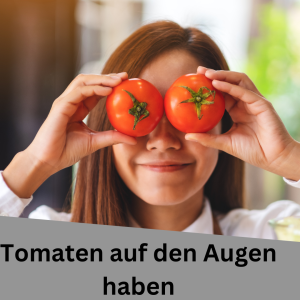Seeing the World Through the Eyes of Others
Idioms are more than just words—they are windows into culture. These colorful expressions capture how different societies view the world and reflect their values, humor, and wisdom. Among the most fascinating idioms are those that center on the eye, one of our most important organs of perception.
From “tomatoes on your eyes” in German to “looking with long eyes” in Japanese, vision-related idioms reveal how languages use sight to describe awareness, judgment, and perspective. Let’s explore eye idioms from around the world and see how they enrich our understanding of life and culture.
Indonesian: Spotting Small Faults, Ignoring Big Ones
Kuman di seberang lautan tampak, gajah di pelupuk mata tak tampak
This idiom translates to “seeing a germ across the sea but not an elephant on the eyelid.” It highlights how people often notice the tiny mistakes of others but ignore their own, even when they are obvious.

Japanese: Looking With Long Eyes
長い目で見る (Nagai me de miru)
Literally meaning “to look with long eyes,” this phrase encourages taking a long-term perspective. It suggests making decisions with the future in mind rather than focusing only on immediate outcomes.

Italian: Turning a Blind Eye
Chiudere un occhio
The Italian expression “to close one eye” means to deliberately ignore someone’s faults or mistakes. It often carries a sense of leniency or tolerance.

Russian: Pulling the Wool Over Someone’s Eyes
Очки втирать (Očki vtiratʼ)
Literally “to smear eyeglasses,” this idiom refers to deceiving someone. It describes the act of misleading or tricking another person, similar to the English phrase “to pull the wool over someone’s eyes.”
Thai: Not Paying Too Much Attention
เอาหูไปนา เอาตาไปไร่
This phrase means “take ears to the field, take eyes to the farm.” It playfully advises people not to be overly cautious or attentive to everything happening around them.

ไก่เห็นตีนงู งูเห็นนมไก่ (Thai):
-
- “ไก่เห็นตีนงู งูเห็นนมไก่,” translates to “the hen sees the snake’s feet, and the snake sees the hen’s boobs.” It signifies two people knowing each other’s secrets.
- In Thailand, this idiom is used to describe a situation where two people are privy to each other’s hidden knowledge or secrets
ไก่เห็นตีนงู งูเห็นนมไก่
Literally, “the hen sees the snake’s feet, and the snake sees the hen’s breasts.” This idiom is used when two people share each other’s secrets or hidden truths.
German: Tomatoes on Your Eyes
Tomaten auf den Augen haben
This humorous saying suggests that someone is so unaware of their surroundings, it’s as if they have tomatoes covering their eyes. In Germany, it’s often used jokingly when someone misses something obvious.

English: With Eyes Wide Open
“To have eyes wide open” means to be fully aware of potential risks or consequences. For example: “Go into this deal with your eyes wide open—it could be too good to be true.”
Seeing Beyond Ourselves
When we look at the world through the eyes of others, our own perspective becomes richer and more colorful. Idioms remind us that while cultures differ, human experiences are deeply connected. By appreciating these linguistic gems, we learn to see beyond ourselves, set aside selfishness, and embrace the wisdom of shared human expression. PRIME












Leave A Comment